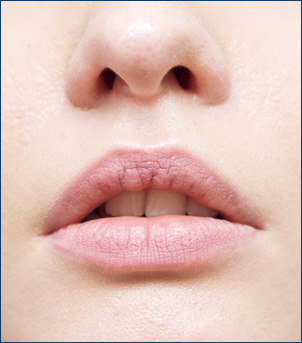Mouth Breathing: The Impact on Oral Health and How to Address It
Mouth breathing is a common condition that occurs when a person breathes through their mouth instead of their nose. While it may seem harmless, chronic mouth breathing can significantly impact oral health and overall well-being. Understanding the causes and effects of it and learning how to address it can help you maintain better oral hygiene and improve your quality of life.
 The Impact on Oral Health
The Impact on Oral Health
-
- Dry Mouth: Mouth breathing often leads to dry mouth, as air passing through the mouth evaporates saliva. Saliva is essential for neutralizing acids, washing away food particles, and preventing tooth decay. A lack of saliva can lead to increased plaque buildup, cavities, and gum disease.
- Increased Risk of Cavities: Saliva plays a crucial role in protecting teeth from decay. With reduced saliva production, mouth breathers are at a higher risk of developing cavities. The lack of saliva also means that harmful bacteria can thrive, leading to an increased likelihood of tooth decay.
- Gum Disease and Bad Breath: Chronic occurrences can lead to gum inflammation and increase the risk of periodontal disease. Additionally, the dry environment in the mouth can cause bad breath (halitosis) due to the accumulation of bacteria and food particles.
- Altered Facial Development in Children: In children, prolonged occurrences can affect facial growth and development, leading to issues such as an elongated face, narrow palate, and dental misalignment. These changes can result in orthodontic problems that may require intervention.
Causes of Mouth Breathing
-
- Nasal Obstruction: Nasal congestion due to allergies, sinus infections, or a deviated septum can force individuals to breathe through their mouths. Identifying and addressing the underlying cause of nasal obstruction is essential to prevent chronic occurrences.
- Enlarged Tonsils or Adenoids: In children, enlarged tonsils or adenoids can block the airway, leading to mouth breathing. Evaluating and treating these conditions may help restore normal breathing patterns.
Addressing Mouth Breathing
-
- Consult a Healthcare Professional: If you or your child experiences chronic mouth breathing, it is important to consult a healthcare professional. A dentist, ENT specialist, or allergist can help identify the underlying cause and recommend appropriate treatment options.
- Practice Good Oral Hygiene: To mitigate the impact of mouth breathing on oral health, maintain a rigorous oral hygiene routine. Brush your teeth at least twice a day, floss daily, and use an antimicrobial mouthwash to reduce bacteria and plaque buildup.
- Stay Hydrated: Drinking plenty of water can help combat dry mouth and support saliva production. Chewing sugar-free gum can also stimulate saliva flow and keep your mouth moist.
- Nasal Breathing Exercises: Practicing nasal breathing exercises can help retrain your breathing habits. Techniques such as Buteyko breathing can improve nasal airflow and reduce mouth breathing.
Mouth breathing can have significant consequences for oral health, increasing the risk of cavities, gum disease, and other dental issues. By identifying the underlying causes and seeking appropriate treatment, you can address it and protect your oral health. Implementing good oral hygiene practices and staying hydrated are essential for minimizing its impact. If you or your child experience symptoms, consult a healthcare professional to explore effective solutions and improve overall well-being.
















